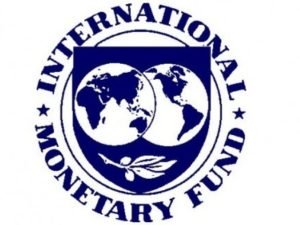

Continuing our recent discussion of Argentina’s woes from our specials this week, we picked this piece by Jayati Ghosh, a Professor of Economics at Jawaharlal Nehru University in New Delhi, who blames the International Monetary Fund (IMF) for fuelling a crisis…
This article is only available to Macro Hive subscribers. Sign-up to receive world-class macro analysis with a daily curated newsletter, podcast, original content from award-winning researchers, cross market strategy, equity insights, trade ideas, crypto flow frameworks, academic paper summaries, explanation and analysis of market-moving events, community investor chat room, and more.
(You can read the article by clicking here)
Continuing our recent discussion of Argentina’s woes from our specials this week, we picked this piece by Jayati Ghosh, a Professor of Economics at Jawaharlal Nehru University in New Delhi, who blames the International Monetary Fund (IMF) for fuelling a crisis. The Fund rescued Argentina in 2018 with an unprecedented $57bn loan, vital after Macri wrecked the economy, in return for promises of massive budget cuts. But the bailout worsened the situation in the long run, and Argentina wasn’t the only country stung by the IMF: Ghosh lists East Asia in 1998, Greece in 2008, and Ecuador earlier this year.
Why does this matter? After Christine Lagarde resigned as the IMF Chief earlier this year, the process of choosing a new one is underway (Kristalina Georgieva is currently frontrunner, but the selection process is criticised for excluding capable non-Europeans). The Fund’s long-standing belief in expansionary austerity as a fix-all is proving damaging. The question of opportunity cost remains, however – if the fund was to not intervene, would the situation be even worse?